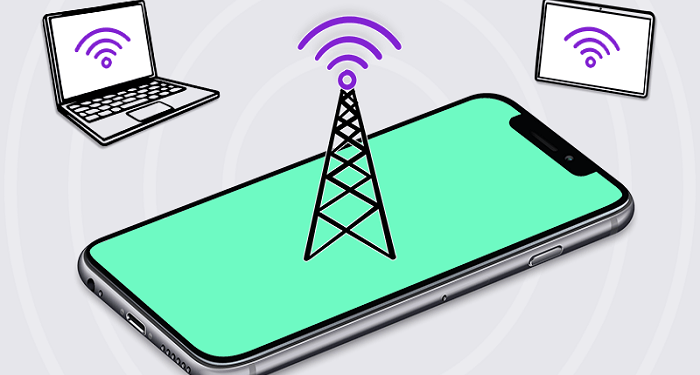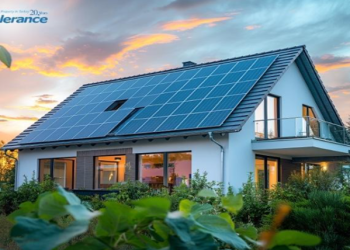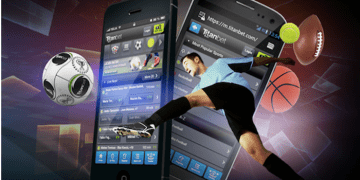When it comes to Internet access on the go, mobile hotspots offer many advantages over their phone counterparts. Both types allow you to connect multiple devices and use a dedicated signal instead of sharing the same cell tower as your phone. As the name implies, mobile hotspots connect to an LTE cellular tower to provide always-on broadband internet and high-speed LTE network coverage. The main difference between a mobile hotspot and a phone hotspot is the hardware that they offer. Dedicated mobile hotspots offer more features and hardware than a standard smartphone.
While most mobile hotspots are offered directly by a cellular provider, a few are designed for use by a particular carrier. For example, Verizon, AT&T, and Inseego have optimized hotspots with partially compatible modems. While both are compatible, each device may not support the other network’s standards. Despite this, many hotspots provide more than adequate coverage.
In terms of security, a mobile hotspot’s Wi-Fi network can be encrypted using WPA-2 encryption. This makes it as secure as your home router. It is still advisable to keep the hotspot password protected and enable password protection for all of its devices. Otherwise, anyone can connect to your mobile hotspot and potentially read data transmitted through it. There are two basic types of mobile hotspots: USB-based hotspots and Wi-Fi-enabled devices.
A dedicated device will also save you energy. The battery of a dedicated hotspot is larger and lasts longer. In addition to having a more powerful battery than your phone, a dedicated hotspot will typically come with an AC power adapter. It is a better choice if you need constant internet access. There are some disadvantages to both, but the main advantage of a dedicated device is that it is much more convenient than a mobile hotspot.
A mobile hotspot is not a suitable replacement for a home internet connection. It will eat into your data plan much faster than regular browsing. Additionally, it might slow down your data plan if you are using it on a daily basis. However, it is still possible to save money by using it occasionally. It is also possible to find a deal on unlimited data plans at your service provider’s website.
When it comes to price, both mobile hotspots and phone devices are relatively expensive. However, mobile hotspots are more expensive, and most devices require a data plan. A cellular provider doesn’t usually provide the same data allowance, so hotspots will require an internet service plan. Most hotspots have data plans that range from $40 to 100GB. However, some hotspots allow you to buy smaller amounts of data in advance, which is a good option when traveling.
Battery life is another consideration. The main difference between a phone hotspot and an internet device is battery life. Dedicated internet devices typically have large lithium-ion batteries and can broadcast Wi-Fi for 24 hours. In comparison, a phone hotspot only offers a few hours of continuous service. If you plan to connect 10 devices at once, the battery life of the phone hotspot will be reduced.








